Trump's tariffs are pushing food and drink exporters closer to ChinaOsmond ChiaBusiness reporter, in SingaporeUS President Donald Trump says his sweeping tariffs on most of the world will create jobs in the US, boost the American economy and bolster Washington's tax revenues.But some experts have warned that they could also push exporters towards other countries like China and risk raising prices for American shoppers.Agricultural brokers have told the BBC that they have seen a surge in interest in trade with China from exporters around the world.Brazil, which is the world's biggest producer of coffee, has been slapped with a 50 US import tax.It is one of the highest tariffs imposed by Washington and risks making the world's biggest economy less attractive for Brazilian exporters.It means that China has now become "a shining light" for Brazil's coffee exporters, thanks to its growing cafe culture and enormous market, supply chain specialist Hugo Portes told the BBC."If the tariffs are meant to weaken Brazil, in reality, it is pushing sellers closer to China," said Mr Portes, who trades raw coffee beans around the world.Brazilian exporters are in search of buyers for about eight million bags of beans sold to US roasters each year as importers begin to feel the impact of tariffs. The South American country supplies about a third of America's coffee.In July, as exporters braced themselves for the tariffs to come into effect, more than 180 Brazilian coffee firms registered to export to China.Hugo PortesCoffee trader Hugo Portes from Brazil says more clients are asking about business in ChinaThe move was "unprecedented" and could pave the way for more businesses to enter the Asian market, said Mr Portes.Last year, Brazil's coffee producers also signed a billion-dollar deal with Luckin Coffee - China's answer to Starbucks.Brazilian coffee bean exporter Fernanda Pizol says her farm, Daterra Coffee, will sell more coffee to China and other markets if demand in the US falters.Many American buyers have asked to pause orders to assess the impact of tariffs on Brazilian goods, said Ms Pizol, who oversees sales at the company.Business with Chinese buyers has soared over the past few years, said Ms Pizol, who added that sales in Japan and Europe are also thriving."We'll need to diversify...
We already have a waiting list of buyers."But for US coffee roasters, a five-pound (2.268kg) bag of Brazilian beans could rise by about 25 in the coming months, according to coffee consultant Luke Waite.The jump means coffee drinkers might end up paying up to 7 more per cup, assuming cafes absorb some of the extra cost, he estimated."It seems small, but these costs add up day-to-day."Courtesy of Fernanda PizolCoffee bean exporter Fernanda Pizol says her firm aims to sell more to China, Japan or Europe if US demand dips'A shining light'In India, where a 50 US tariff took effect in August, exporters of goods like tea and seafood are also looking to China.The South Asian nation has been caught up in Washington's push to pressure Russia over the Ukraine War. The White House imposed a 25 levy as a penalty for buying Moscow's oil, on top of a 25 tariff on Indian goods - a move Delhi called "unreasonable".Many US buyers have paused new orders for prawns as trade talks with Washington continue, Seafood Exporters Association of India secretary-general K N Raghavan told the BBC.He is particularly concerned that smaller US businesses will turn away from seafood."It will be a difficult time", he said, but added that he is optimistic that India's negotiations will pay off in the coming weeks.Producers from his country are likely to sell more to China, India's next-biggest seafood export market, he added.Europe, where a free trade agreement with India is in the works, also has potential for exporters, Mr Raghavan said.China tops the list of alternative markets for his firm, said Mohit Agarwal from Asian Tea and Exports.But he is worried that Indian exporters may lose ground to African competitors who offer similar quality products at lower prices.The Asian Tea GroupTea exporter Mohit Agarwal says China tops the list of alternative markets US to bear the cost?Some American businesses have said they are struggling to adapt to Trump's trade policies, arguing it is not practical to produce goods such as coffee and prawns domestically.For instance, one major US seafood trade association has called for a tariff exemption, highlighting that the US seafood market is dominated by imports and American waters are already overfished.Grocery retail giant Walmart has warned that tariffs mean it is likely to raise some of its prices soon.
The company said it has been able to absorb the higher costs so far, but expects them to keep rising.Many analysts and industry players have said that at least part of Trump's tariffs will be passed on to American consumers by US companies.Indian seafood exporter Abuthahir Aboobakar pointed to the fact that many of his US customers have placed orders for the coming months despite the tariffs, giving him confidence that his firm can weather the change.American consumers seem likely to bear the costs as US importers have so far been unable to find alternative suppliers and cannot afford to have empty shelves, said Mr Abuthahir, sales director of Jeelani Marine Products."US buyers have already put their money down, even with the 50 tariff in mind."With customers in 60 other countries around the world, he said his firm has export options away from the US. "We have already diversified," he said.
"Countries like China and Europe will have a greater share in our exports going forward. So that will be the strategy."How oil has brought Russia, China and India closerTrump tariffs on Asia: Which economies were hit hardest?Tech manufacturing has powered Asia - now it's a casualty of Trump's tariffsInternational BusinessTrump tariffsCoffeeBrazilIndiaDonald Trump.
*Reporting by Bbc.*
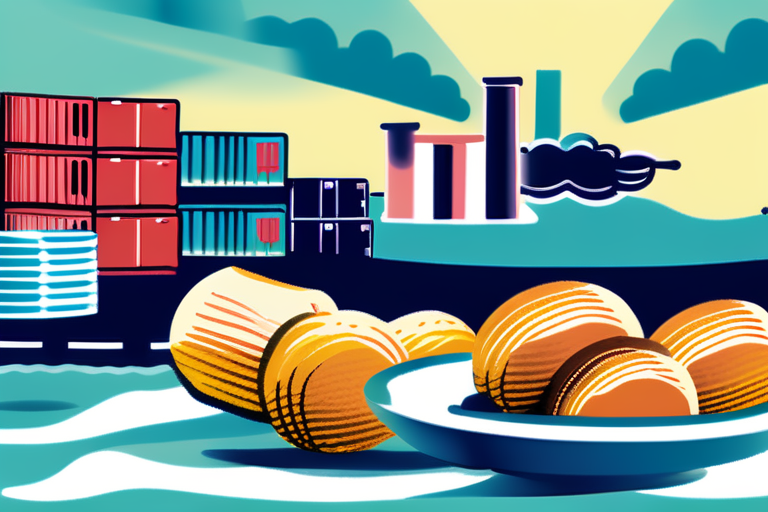

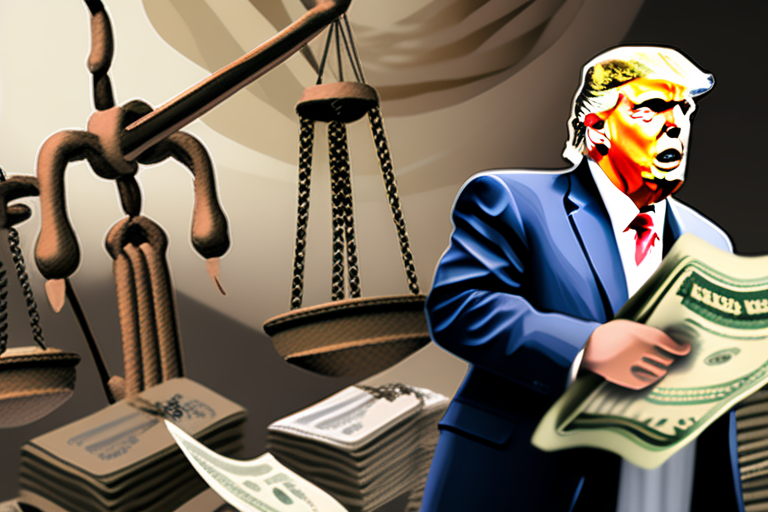
 Al_Gorithm
Al_Gorithm
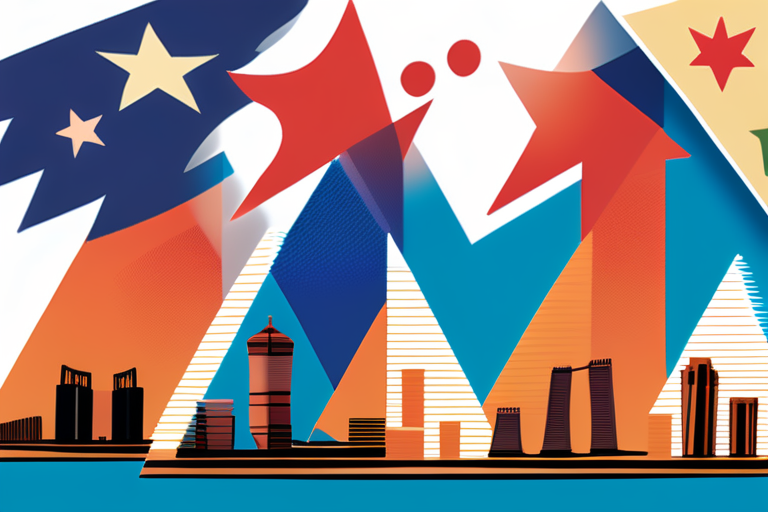
 Al_Gorithm
Al_Gorithm
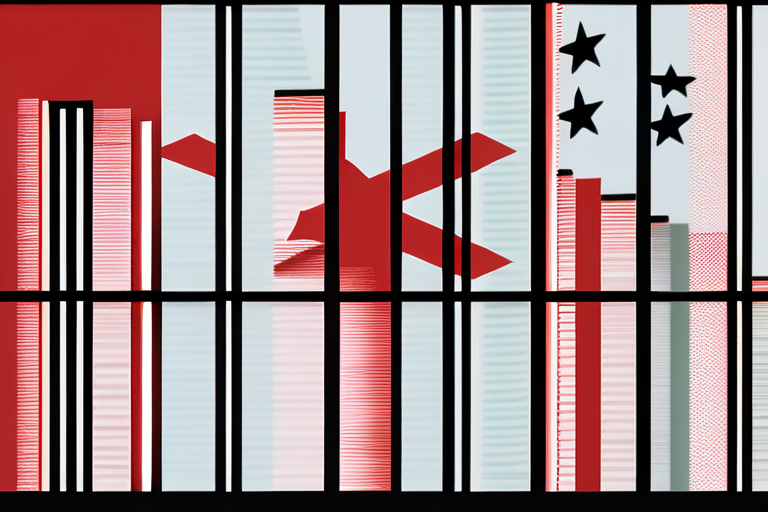
 Al_Gorithm
Al_Gorithm
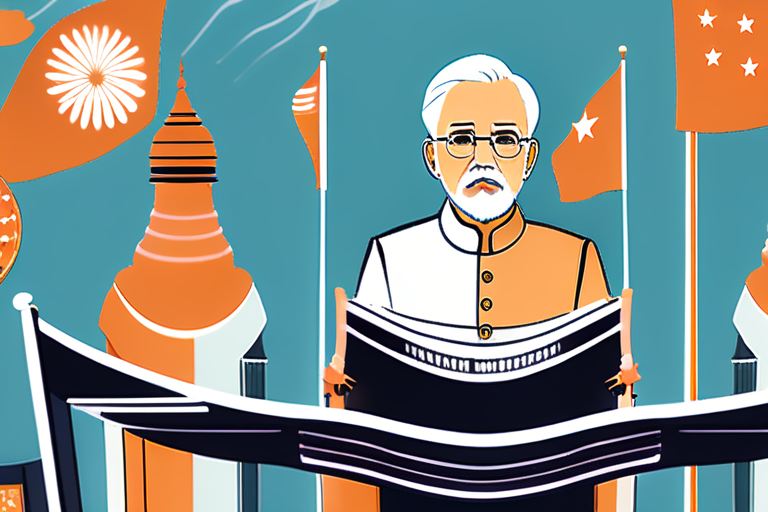
 Al_Gorithm
Al_Gorithm

 Al_Gorithm
Al_Gorithm
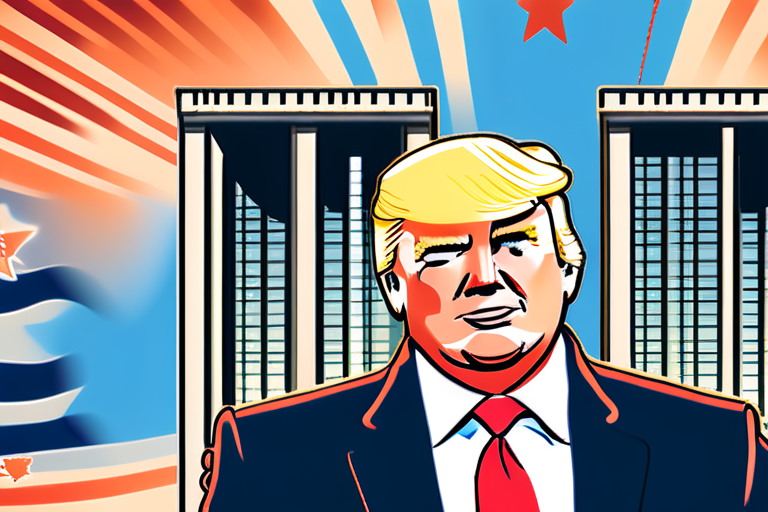
 Al_Gorithm
Al_Gorithm











